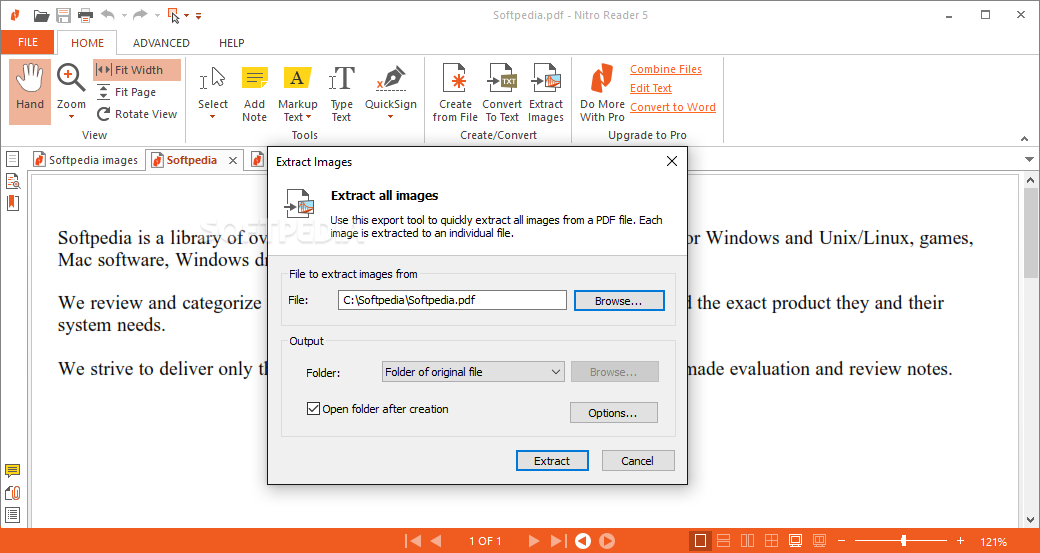

If the court determines that a motor vehicle was used to abet the commission of the act constituting criminal mischief, the court may suspend, for a period not to exceed 90 days, the driver's license of a person who is convicted of criminal mischief, or the driver's licenses of persons who are convicted of criminal mischief. Any person who is found guilty of criminal mischief under paragraph III of this section because he or she has vandalized, defaced, or destroyed any part of state or municipal property, or any natural geological formation, site, or rock surface located on public property that has been designated by the state or any of its political subdivisions or the federal government as a natural area or landmark shall be guilty of a class A misdemeanor and shall also make restitution for any damage he or she has caused. For purposes of determining pecuniary loss under subparagraph II(a), amounts involved in acts committed pursuant to one scheme or course of conduct participated in by the actor may be aggregated in determining the grade of the offense.

As used in this section, "property'' has the same meaning as in RSA 637:2, I "property of another'' has the same meaning as in RSA 637:2, IV. All other criminal mischief is a misdemeanor. Criminal mischief is a class A misdemeanor if the actor purposely causes or attempts to cause pecuniary loss in excess of $100 and not more than $1,500. (d) Damage to private or public property, real or personal, when the actor knows that the property has historical, cultural, or sentimental value that cannot be restored by repair or replacement. (c) Discharge of a firearm at an occupied structure, as defined in RSA 635:1, III or (b) A substantial interruption or impairment of public communication, transportation, supply of water, gas, or power, or other public service or (a) Pecuniary loss in excess of $1,500 or Criminal mischief is a class B felony if the actor purposely causes or attempts to cause:

A person is guilty of criminal mischief who, having no right to do so nor any reasonable basis for belief of having such a right, purposely or recklessly damages property of another.


 0 kommentar(er)
0 kommentar(er)
